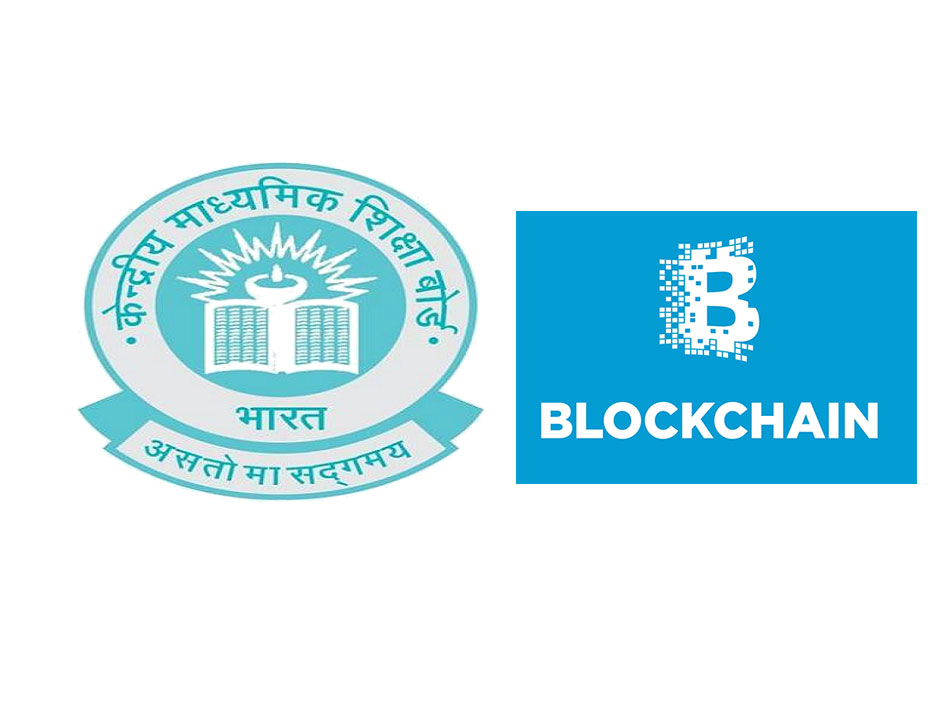
CBSE has devised a new method for keeping board results and other key data safe and secure. It created the ‘Academic BlockChain Documents' programme in collaboration with the National Informatics Centre's Centre of Excellence for Blockchain Technology, which is part of the Ministry of Electronics and Information Technology (MeitY).
As a result, the certificate could be used in a transparent, tamper-proof, and paperless manner. It also reduces the level of documentation and cuts down on verification time.
The software may be accessed by students, schools, and other academic institutions via the CBSE website, which was built specifically for this purpose. They can utilise it to quickly verify documents.
Students, educational institutions, and employers may all check academic papers by going to https://cbse.certchain.nic.in or the CBSE's main website, https://cbse.gov.in.
On the main page, select the “Verify” menu item from the top menu bar.
From the pop-up menu, choose a class. Enter essential information such as your Roll Number, Date of Birth (only for Class X), Exam Year, Exam Type, and Student Name (partial) and click ‘Go' to confirm.
After the details have been verified, the student's marks statement, which is currently available, is shown.
Blockchain Tech stores information in a distributed ledger that is owned by all participants.
The data is recorded in the chain based on stakeholder consensus and duplicated at all nodes in the distributed network of BlockChain nodes at the same time.
This eliminates the need for verification from a third party. Data is unchangeable and traceable since it is connected and saved with cryptographic security.
The blockchain's linking of blocks assures that they cannot be tampered with, and the data is trustworthy since it can be confirmed by all participants.
Blockchain technology was used to create CBSE Academic BlockChain Documents (ABCD), which records certificates in a linked chain format. The outcome certificates are stored in a distributed way across several locations, engaging multiple stakeholders, and are protected against manipulation attempts.
To begin, CBSE has made digitally signed certificates for Classes 10 and 12 for the years 2019-2021 available, with prior years' certifications to follow in the coming months.
The digitally signed certificates will be transferred to the Blockchain-based system when fresh certifications are issued by CBSE, establishing an extra safe connection.
With nodes in Bangalore, Pune, and Jaipur, this network is up and running. The Certificate Chain is currently maintained by NIC at its data centres.
One of the difficulties in determining the validity of credentials provided by candidates for admissions, jobs, and loans, among other things. The verification of the certificate's accuracy and authenticity with the relevant institutions or bodies necessitates substantial work and processing time. As a result, most institutes/organizations require candidates to present their original certificates.
Academic BlockChain Papers (ABCD) solves these problems in the verification of candidate documents. In 2016, CBSE created its digital academic archive named ‘Parinam Manjusha.' This repository is linked to the National e-Governance Division's (NEGD) Digital Locker platform.
The Academic BlockChain Document can be utilised by many educational establishments for verification during admission to higher education and by businesses for employment offers. Institutes can also utilise it for online counselling by connecting their systems with plug-in interfaces. This approach may also be used by banks and financial organisations to grant educational loans and merit-based scholarships depending on the qualities of the candidates. Even after several years, the authenticity of the certificates may be confirmed. It will give a history of all insertions or changes made to a certain certificate.
|
|
Supratik Mitra is a student of political science at the University of Delhi.
While completing college, he continues to work as a reporter, working with many
media houses previously. He is interested in Indian politics and Science and
Technology and is also an avid policy researcher. He reports and writes articles
on national news, science and tech news, and health news.
Office Address: D-16/116, Sector-3, Rohini Delhi - 110085 India.
Email: contact@newstrackindia.com


Comments: